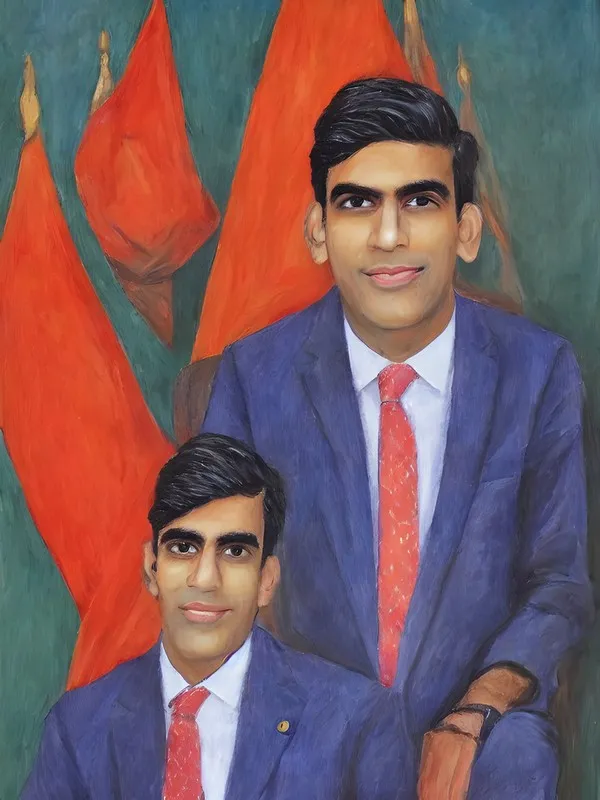Table of Contents
- Power Dynamics
- Discrimination
- Social Stratification
- Disability Denial
- Social Determinants of Health
- Ignoring the Underfunding of the NHS
- Conclusion
Rishi Sunak’s recent announcement to strip General Practitioners (GPs) of the right to issue fit notes and instead employ non-medical staff to assess individuals’ fitness to work has sparked widespread criticism and concern. Many argue that this move will harm those who are sick and disabled, forcing them back into work against their best interests. In order to understand the implications of this decision, it is crucial to analyze it through a sociological lens.
Sociology is the study of society, social institutions, and the interactions between individuals and their environments. It provides insights into the ways in which power dynamics, social norms, and cultural beliefs shape our understanding of various social issues. In the case of Sunak’s decision to deny individuals the right to be assessed by medical professionals when determining their ability to work, it is important to examine the underlying social factors that may be at play.
Power Dynamics
Centralization of Power
One key sociological concept that can help analyze this decision is the concept of power. Power refers to the ability of individuals or groups to influence the behavior of others, even against their will. In this case, Sunak, as a member of the government, holds significant power and authority in determining policies that impact individuals’ lives. By stripping GPs of their ability to issue fit notes, Sunak is effectively centralizing power and control over individuals’ health assessments in the hands of non-medical staff. This raises concerns about the potential for misuse of power and the implications for individuals who may be unfairly denied the support they need.
Expertise and Knowledge
Additionally, the decision to rely on non-medical staff to assess individuals’ fitness to work raises questions about expertise and knowledge. Medical professionals, such as GPs, undergo years of training and education to accurately diagnose and treat various health conditions. By replacing them with non-medical staff who may not have the same level of expertise, Sunak is potentially undermining the quality and accuracy of health assessments. This can have serious consequences for individuals who may receive inaccurate or incomplete assessments, leading to incorrect decisions about their ability to work.
Discrimination
Stigmatization of Illness and Disability
The decision to deny individuals the right to be assessed by medical professionals can be seen as a form of discrimination against those who are sick and disabled. In society, there is often a stigma associated with illness and disability, leading to negative stereotypes and biases against those who may not fit the traditional idea of a “productive” or “able-bodied” worker. By forcing individuals to rely on non-medical staff for assessments, Sunak is reinforcing these stereotypes and potentially denying individuals the support they need to manage their health conditions.
Social Stratification
Reinforcement of Inequalities
Another important sociological concept to consider in this context is social stratification. Social stratification refers to the division of society into different social classes or groups based on factors such as income, education, and occupation. Individuals who are sick or disabled may already face barriers to accessing employment opportunities and social support due to their health conditions. By denying them the right to be assessed by medical professionals, Sunak is potentially exacerbating existing inequalities and reinforcing social stratification. This can have serious implications for individuals who may already be marginalized and vulnerable in society.
Disability Denial
Get the full article AD FREE. Join now for full access to all premium articles.
View Plans & Subscribe Already a member? Log in.





